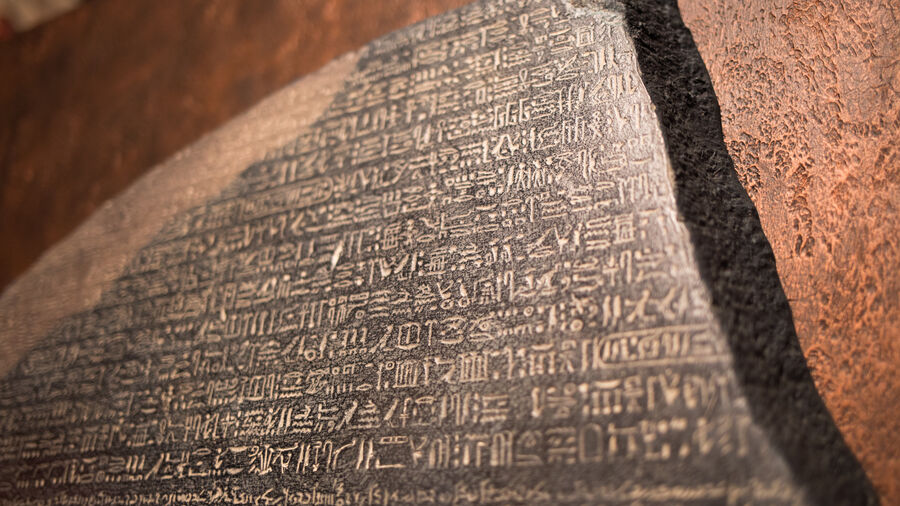Classical Languages
Major in the College of Liberal Arts

The classical languages major at The University of Texas at Austin is for students who want an in-depth understanding of Greek and Roman culture through its languages and literatures.
Students gain high-level competency in one or both of Latin and ancient Greek, and are exposed to a wide range of classic texts from the period. They complement their literary studies with courses on broader cultural themes in the classical world. In fact, many classical languages majors spend a summer, a semester, or even a year studying abroad — often in Rome or Athens — to study classical antiquity at its geographic sources.
Students in classical languages must choose a specialization in Latin, Greek, or Classics. Classics is the most popular specialization and requires upper-division hours in both Latin and Greek.
Freshman and External Transfer Admission
ShowProspective University of Texas at Austin students should visit UT Admissions to learn about the application process and how to declare a major.
Internal Transfer Requirements
ShowUndergraduates currently enrolled at UT who wish to declare a classical languages major must first meet with a classics advisor. Students who are not currently in Liberal Arts must also submit an internal transfer application. The UTeach Liberal Arts Program has a separate application process. For more information, visit the student affairs page on how to declare a major.
Required Courses
ShowVisit the classical studies degree plans to see all required courses for the classical studies major in the College of Liberal Arts. For additional information, view the classics course descriptions.
Specializations
ShowAll students majoring in classical languages must choose a specialization in Latin, Greek, or classics. Classics is the most popular specialization and includes upper-division hours in both Latin and Greek. Students hoping to go to graduate school in classics should usually choose the classics specialization, since advanced study in both Latin and Greek is expected for graduate school applicants. Students who are hoping to teach Latin at the middle or high school level typically specialize in Latin, though the classics specialization can also work.
Personality
ShowStudents in the classical languages major are serious, committed, and talented students who are not afraid to take on challenges pitched well above the average undergraduate degree. They tend to be individualists who are deeply committed to exploring the potential of a liberal arts education. Many of them enjoyed and excelled at Latin in high school, but some of our best majors first learned — and fell in love with — both ancient languages at The University of Texas at Austin.
Skills
ShowThere is no better way to develop your critical, linguistic, and cognitive skills than to study the languages and literatures of antiquity. Students tend to understand English as never before once they master Latin and Greek. Potential employers in professional fields are often attracted to classical languages majors, knowing of the academic rigor and sheer spirit of intellectual inquiry that this major entails.
